Polls have closed in New York City, where a contentious race with the possibility of a socialist Muslim mayor garnered national attention and presented a test for the future of the Democratic Party.
Assembly Member Zohran Mamdani was leading former Gov. Andrew Cuomo by eight points with 53% of the vote reported on Tuesday night, with Guardian Angels founder and perennial gadfly Curtis Sliwa in a distant third.
The race has been unlike any other in recent memory in New York. Minutes before polls closed, the New York City Board of Elections announced that 2 million people had cast ballots — the highest number since 1969.
Campaigning on a core platform of affordability, Mamdani went from little-known assembly member to household name as he criss-crossed the city, popping in at churches and nightclubs, supported by an army of volunteer canvassers.
Cuomo, who lost the primary to Mamdani in a stunning upset in June, billed himself as the best man to stand up to Donald Trump — an argument that was complicated Monday when the president endorsed him, pledging to slash federal funding to the city if Mamdani were to win.
Trump’s endorsement was by then effectively a formality: The right had already coalesced around New York’s former Democratic governor, with the president and other members of his party pushing Sliwa, the Republican candidate, to drop out and let Cuomo face Mamdani head-on. On social media, Trump warned: “A vote for Curtis Sliwa (who looks much better without the beret!) is a vote for Mamdani.”
Most polls released in the past two weeks showed Mamdani enjoying a commanding lead over both of his opponents.
The Paramount Theater in Brooklyn, where Mamdani was set to address supporters, was mostly filled with press at 9 p.m. Reporters mobbed leftwing streamer Hasan Piker, whose support for Mamdani has been turned into a point of attack by Cuomo.
New York Comptroller and former mayoral candidate Brad Lander, a key Mamdani ally since the primary, rebuked Trump for a tweet in which the president said that any Jew voting for Mamdani was “stupid.”
“When Andrew Cuomo earlier in the race tried to tell Jews how to vote I cursed at him in Yiddish, so I guess I’ll do the same,” Lander said. “Gay kaken ofn yam — Go shit in the ocean, Donald Trump!”
In addition to making history as an avowed socialist, Mamdani — who is of Indian descent and was born in Uganda — would also be the city’s first Muslim American mayor. For many Muslims in New York who lived through the Islamophobia, racism, and pervasive NYPD surveillance of the post-9/11 years, Mamdani’s success on the campaign trail has been deeply personal, urban historian Asad Dandia told The Intercept.
“It means a great deal to me as a Muslim New Yorker, but also as a native New Yorker who doesn’t know how to live anywhere else,” said Dandia, who was involved in a lawsuit over the NYPD’s targeting of Muslim communities. “To see someone who looks like he could be my brother or my cousin, that’s a powerful testament to the possibility of New York and to people’s power.”
In the June primary, South Asian voter turnout surged by 40 percent from the 2021 primary, thanks in part to a surge in new voters, according to the New York Times.
But Mamdani’s identity as a Muslim and his committed support for Palestine came into play in an ugly fashion too. Cuomo’s allies repeatedly attacked Mamdani with claims that he did not sufficiently denounce the Palestinian liberation protest cry “globalize the intifada,” which Cuomo translated, inaccurately, as “kill all Jews.” As the general election drew closer, Mamdani’s opponents engaged in naked Islamophobia by calling him a “jihadist” and a “terrorist sympathizer,” while congressional Republicans mused about having his citizenship revoked.
Despite efforts to tar him as an extremist outsider, Mamdani proved immensely popular, both in polls and on the street, where videos show him routinely being stopped by enthusiastic passersby.
Mamdani’s success was not limited to Muslim or South Asian communities, or to the so-called “Commie Corridor” of progressive, college-educated voters in north Brooklyn and Queens who have made up the primary basis of support for candidates backed by the Democratic Socialists of America.
In the primary and in the months that followed, his campaign worked aggressively to build a coalition of support that cut across ethnic and class lines. According to a recent poll published by the Hispanic Federation, 48 percent of Latino voters favored Mamdani — 36 percent indicating “strong support” — with just 24 percent of Latinos supporting Cuomo and 14 percent picking Sliwa.
Cuomo’s hopes lie with the traditional Democratic base of Black voters in the city, but Mamdani appears to have been making headway on that front as well, with weekly visits to Black churches and a recent appearance with Al Sharpton.
Ultimately, Dandia said, it was Mamdani’s core message of affordability that broadened his support far beyond committed leftists and South Asian and Muslim voters.
“He wasn’t running on his identity — he was running on a platform that appealed across so many communities,” Dandia said. “His success has shown the value of embodying what it means to be a humanistic person, justice-oriented person, and that’s equally as important if not more so than his identity.”
This is a developing story and will be updated.

 German (DE)
German (DE)  English (US)
English (US)  Spanish (ES)
Spanish (ES)  French (FR)
French (FR)  Hindi (IN)
Hindi (IN)  Italian (IT)
Italian (IT)  Portuguese (BR)
Portuguese (BR)  Russian (RU)
Russian (RU) 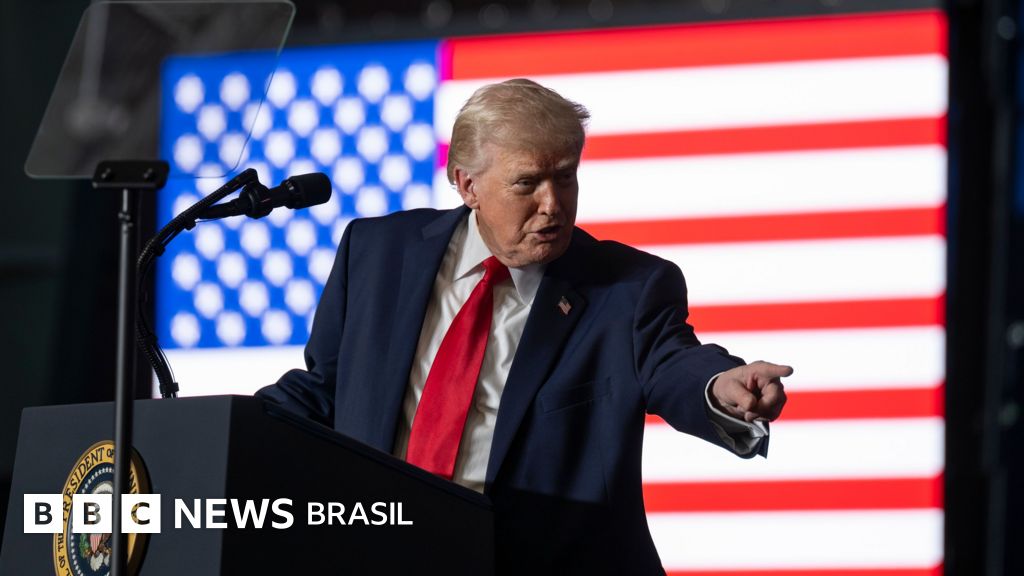
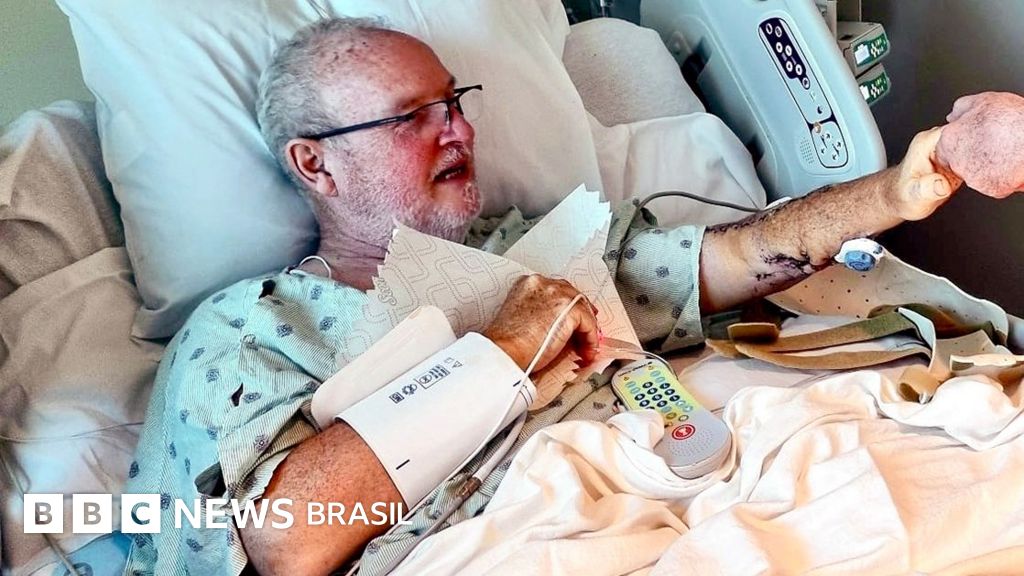
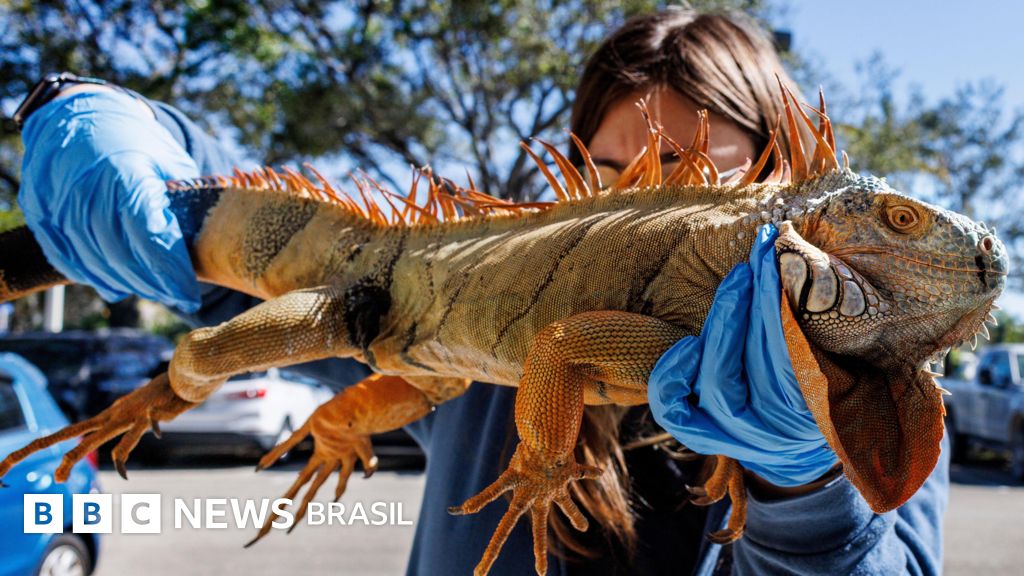
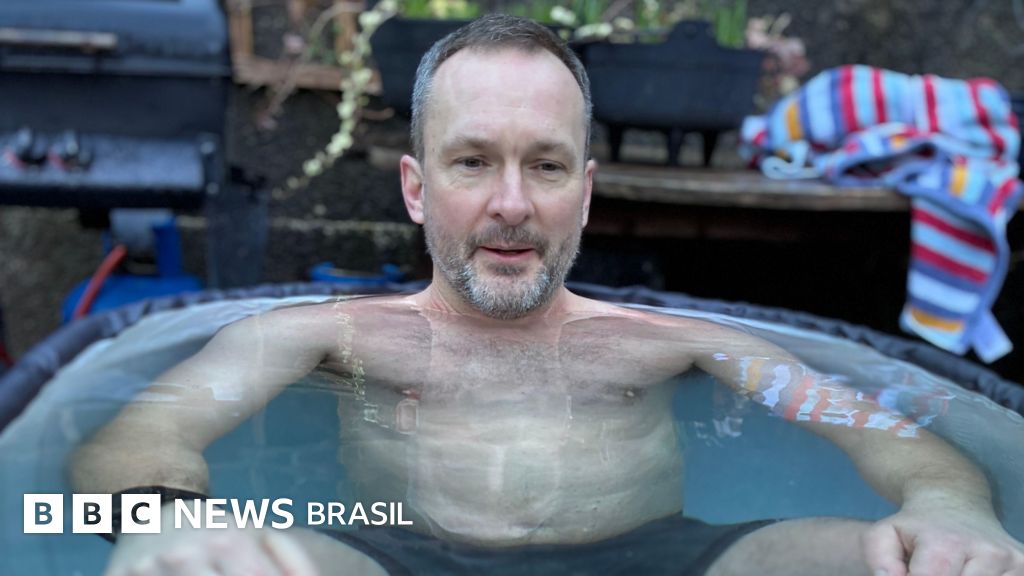
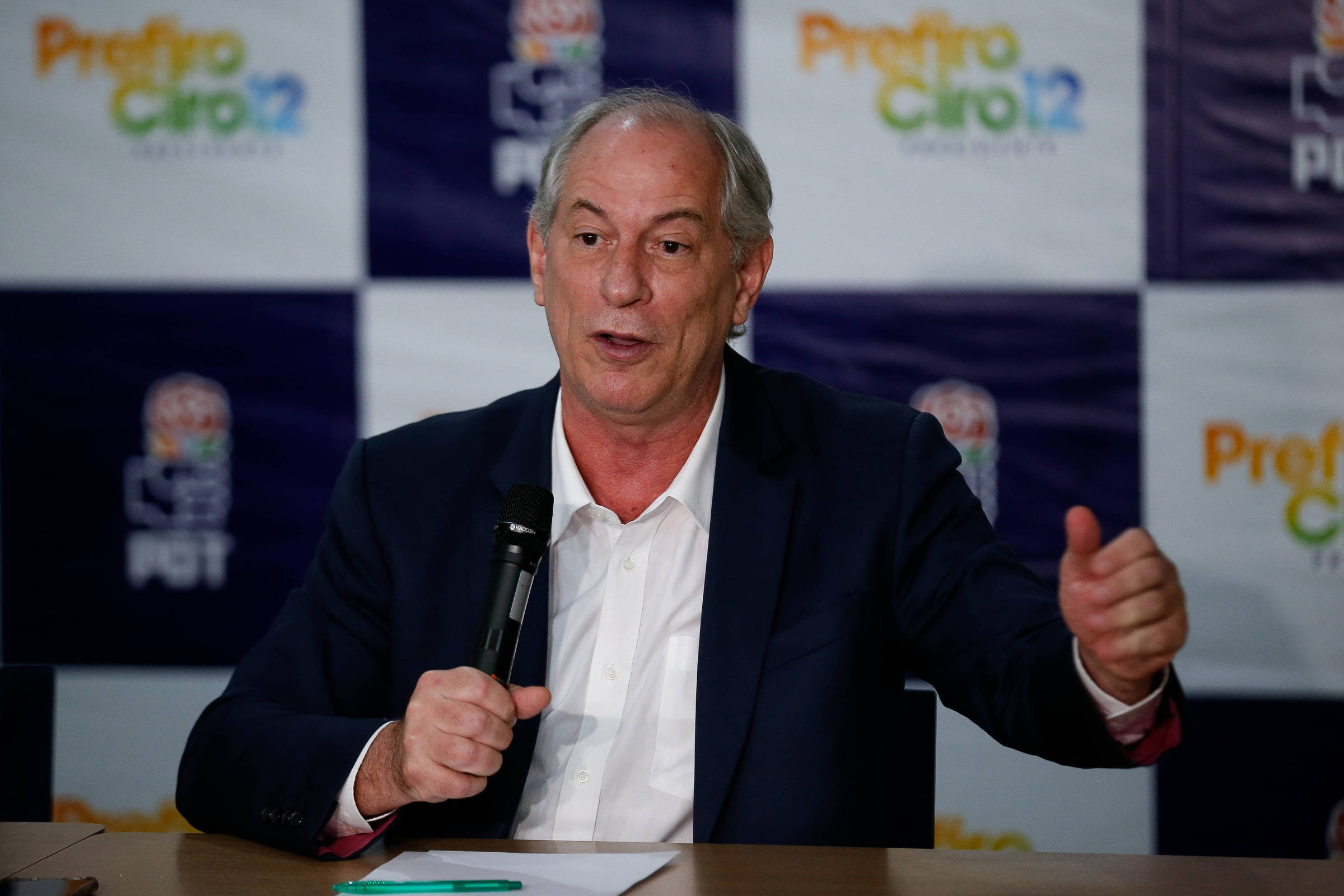

:strip_icc()/i.s3.glbimg.com/v1/AUTH_59edd422c0c84a879bd37670ae4f538a/internal_photos/bs/2023/l/g/UvNZinRh2puy1SCdeg8w/cb1b14f2-970b-4f5c-a175-75a6c34ef729.jpg)
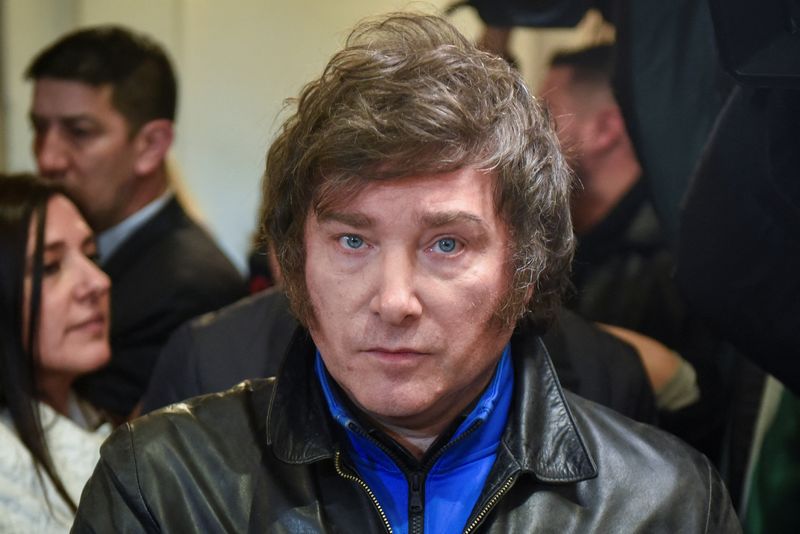
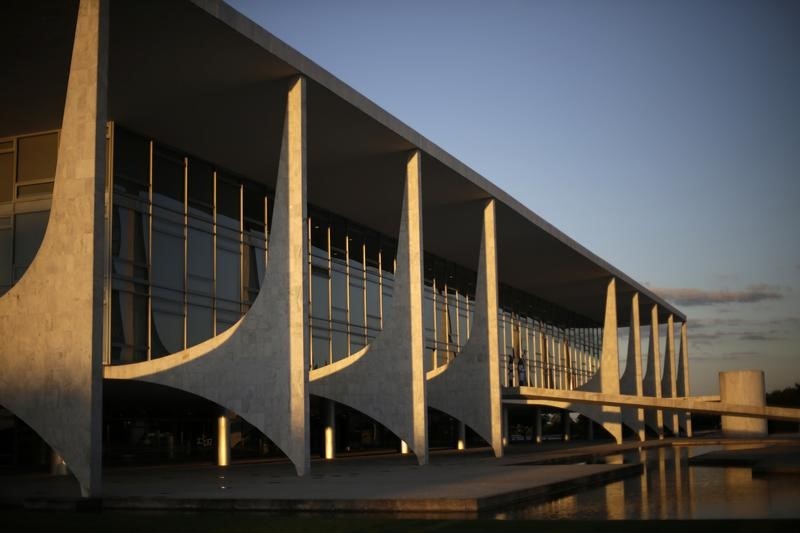
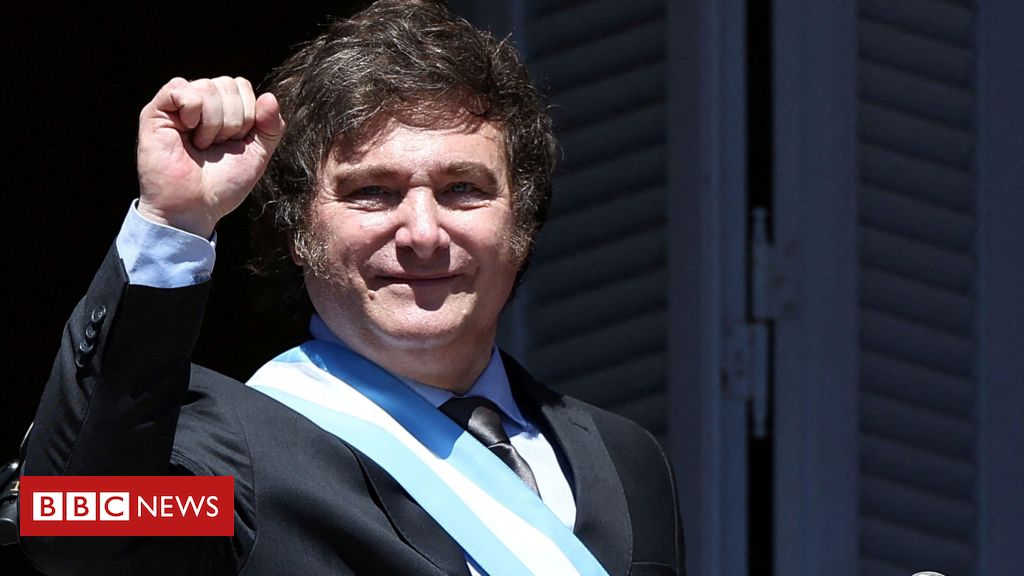
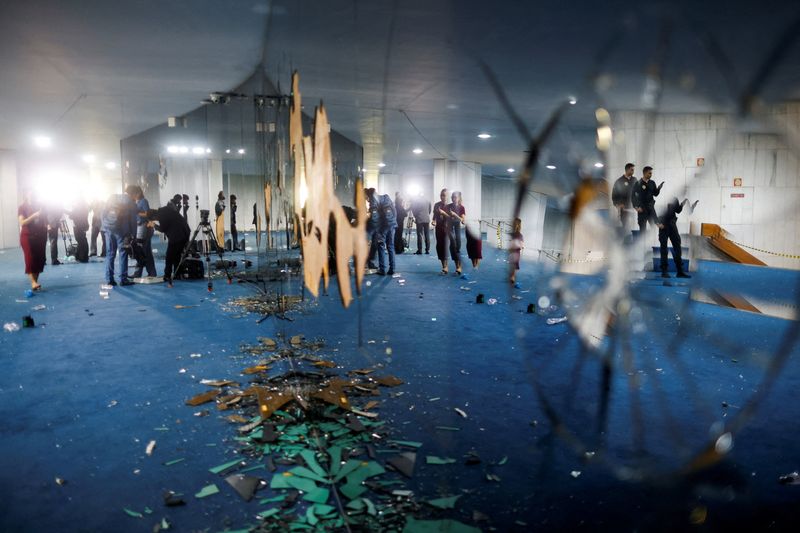
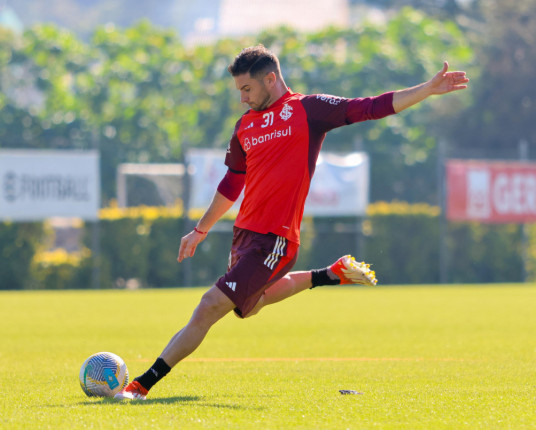
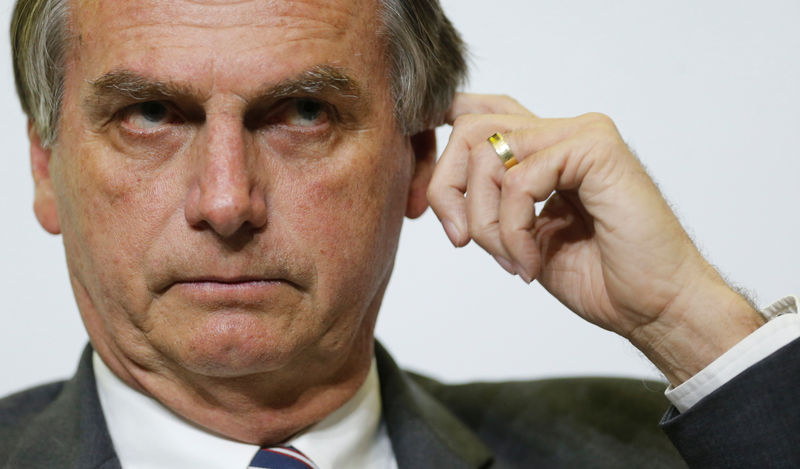
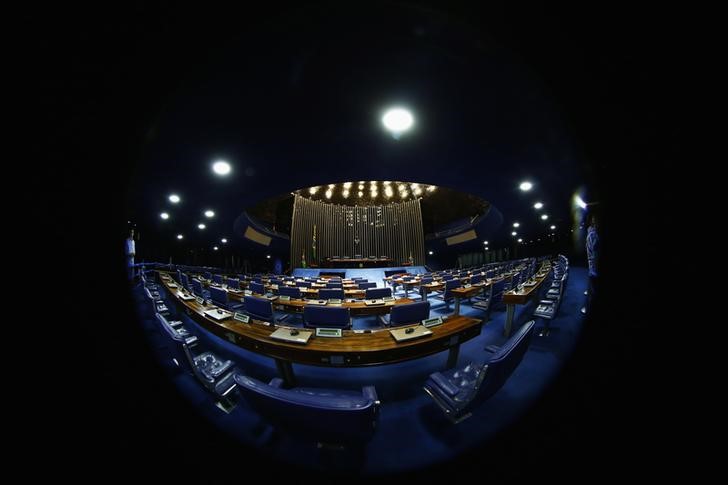
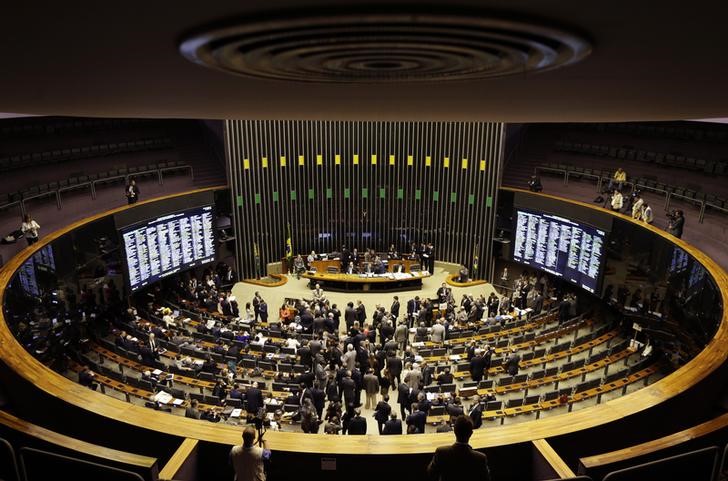

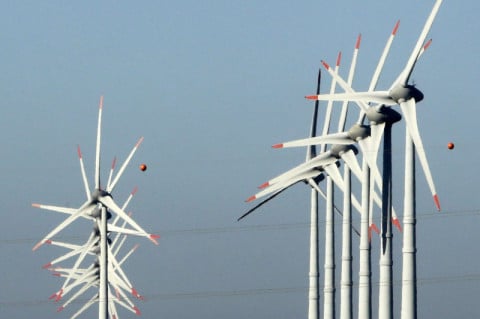
Comentários
Aproveite ao máximo as notícias fazendo login
Entrar Registro